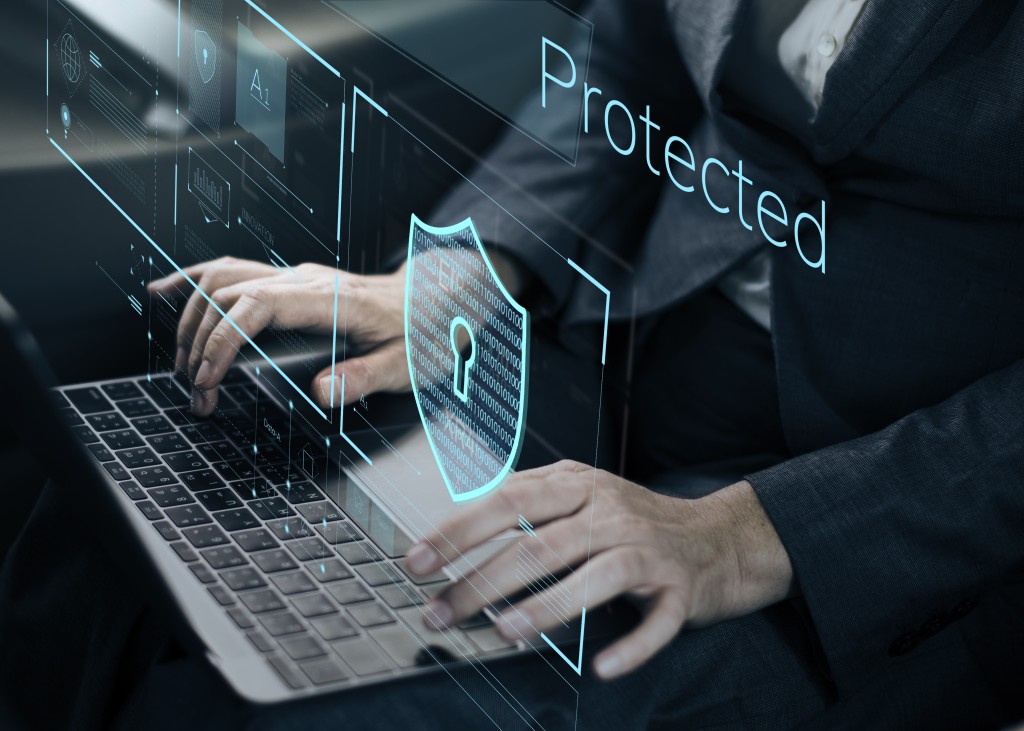Let’s face it: all our IT assets, including smartphones, flash drives, and old computer hardware have limited lifespans. Once a new gadget enters the market, we end up having the urge to replace our devices with something new and high-tech. The same goes for office devices where most companies update their hardware every four to five years.
While rapid changes in technology are necessary and unavoidable, these updates cause problems in e-waste management. Every year, dumpster rental companies deal with damaged electronics and broken devices from households and private companies. Meanwhile, others allow their obsolete and unused devices thrown in landfills, which contributes to soil, air, and water contamination.
Apart from the growing e-waste problem, our digital assets are causing security concerns that are plaguing many businesses. Aside from the tangible wastes, discarded devices contain digital data which poses a serious threat once information reaches unauthorized users. That said, this article will discuss the role of cybersecurity in e-waste management and ways to avoid security implications.
Cybersecurity in e-waste management
When we talk about e-waste management in businesses, most people focus solely on environmental safeguarding. They think that simply deleting data on the hardware’s system is enough to wipe all the data before throwing it away.
In reality, an effective e-waste management program should include organizational reputation as one of its fundamental factors. This means companies should invest in proper data reformatting and wiping and using a physical destruction process to eliminate exposure to sensitive data, employee information, and customer records.
More than a decade ago, Idaho Power Company threw away their hard drives without removing their data. They later found that the hard drives fell on the hands of a salvage vendor who sold 84 hard drives to 12 buyers. The company ended up scrambling to find the missing hard drives to save company data from cybersecurity attacks.
Poor management of IT assets can cause serious repercussions to businesses, which may affect their employees, customers, and company reputation. Thus, companies should ensure proactive procedures when wiping sensitive data. E-waste management initiatives can go a long way by providing a positive impact on the environment, exceptional stakeholder management, and responsible data handling.
Importance of data security in handling e-waste
Having an e-waste management procedure is never enough; a business needs to destroy all their data responsibly and securely to avoid risks from security threats.
Digital devices such as tablets, phones, copiers, old computers, fax machines, and flash drives contain sensitive information that could expose the business to various risks. One example are data breaches which can drive a company to lose millions of dollars, face reputational damages, and receive regulatory penalties.

Failure to discard data from old devices can also be a PR nightmare. Of course, no customer wants to deal with a business that’s too negligent about security. Once the word reaches the public, it can limit you from seizing new opportunities and markets. If you have a wide business network, it can also put a strain on your connections in case someone wants to work with you.
How to maximize security when handling e-waste
Corporate responsibility starts from the top. Unfortunately, most companies don’t place too much attention on e-waste management since they believe it’s a waste of money, time, and effort.
In reality, proper e-waste management makes a great socially responsible investment that promotes an organizational commitment to environmental preservation. Companies can do this by investing in waste management tools and providing educational resources and training to employees.
Establishing proactive procedures can also strengthen the sustainable management of e-waste. For example, deletion of files in the recycle bin is not sufficient since data is still present within the hard drive. The company should invest in data destruction tools and train employees on how to use them. This offers opportunities for employees to learn the value of protecting data when discarding e-wastes.
It’s also critical for companies to ensure the entire workforce is safe from cyber threats, including those working from home while using company devices. They can establish technology regulation and implement security measures to ensure remote employees minimize any digital or physical damage to electronics.
A great tip is to work with an e-waste destructor to ensure you meet all the standards in IT disposal. Keep in mind that investing in an e-waste management program is far cheaper than dealing with data breaches.
Most companies view e-waste management based on an environmental perspective. They focus on minimizing waste and preserving resources without considering their security aspects. Learning from the discussion above will allow businesses to manage their digital assets successfully without posing a serious threat to the environment and organizational reputation.


